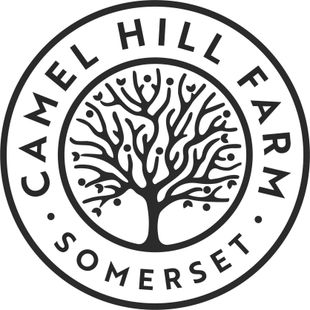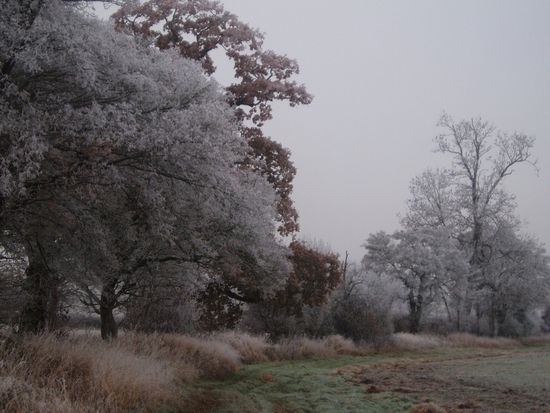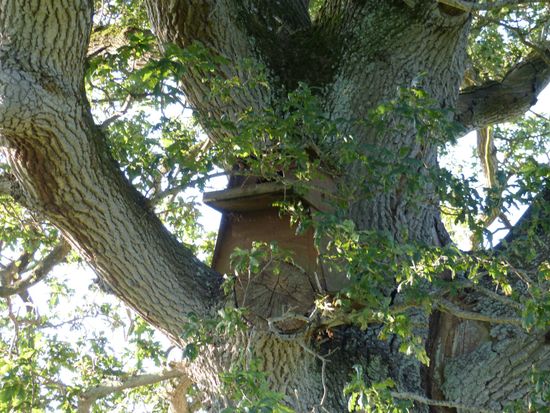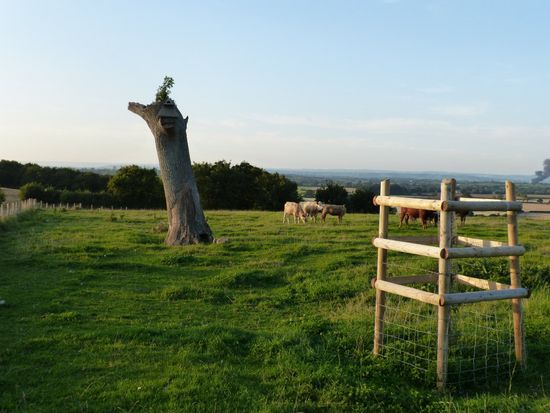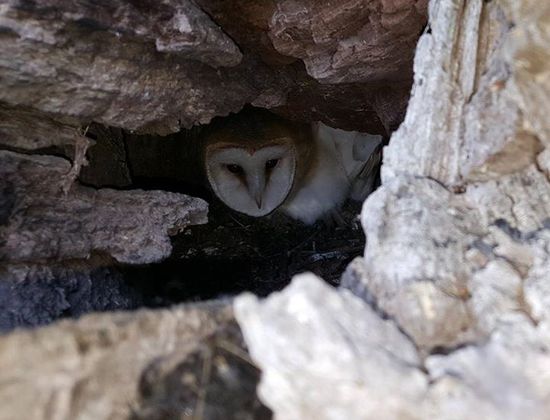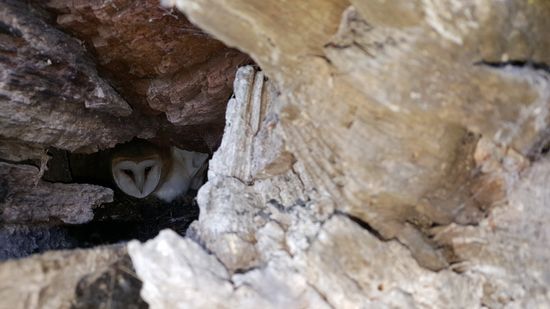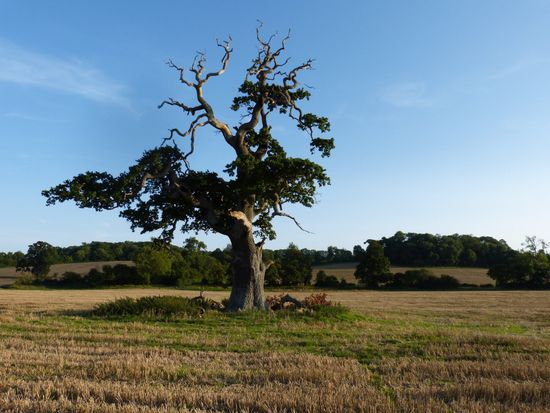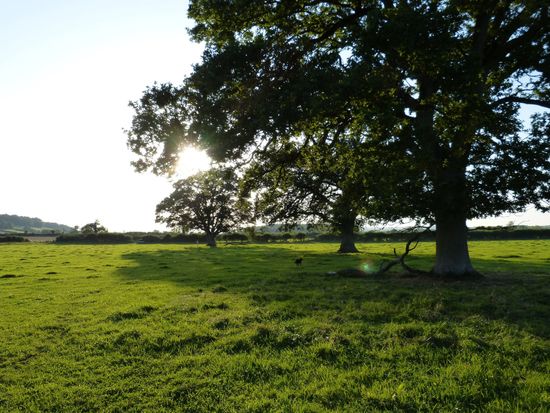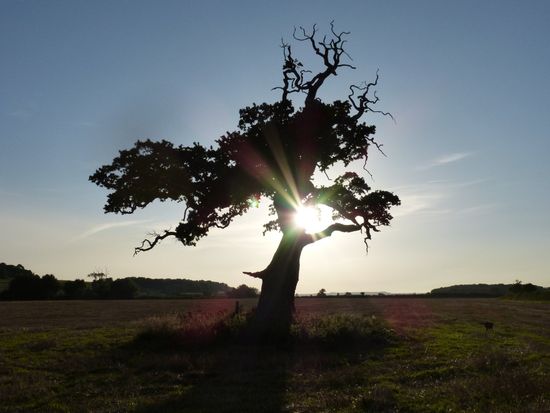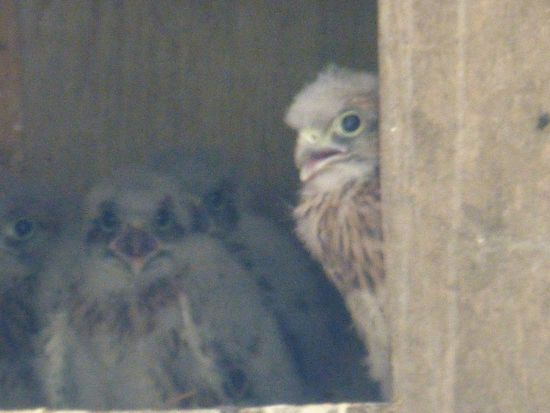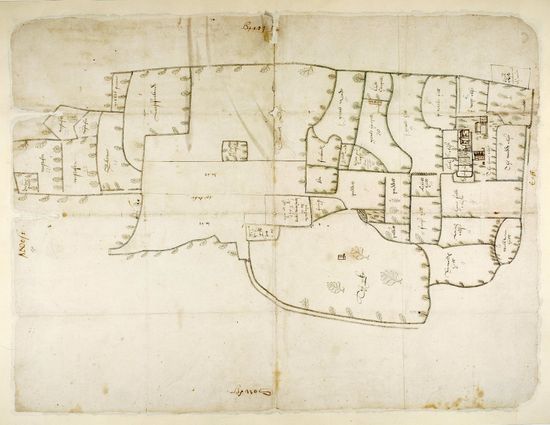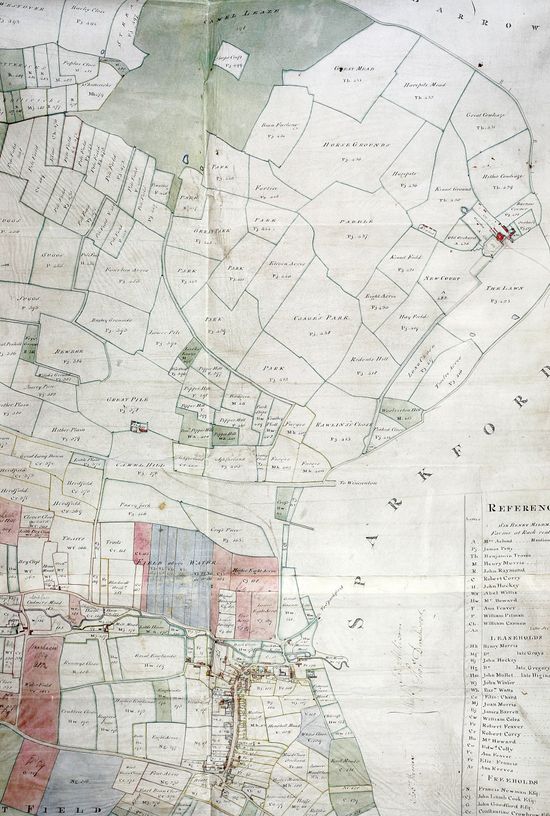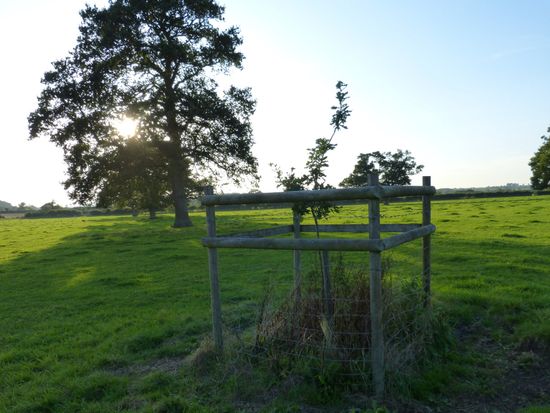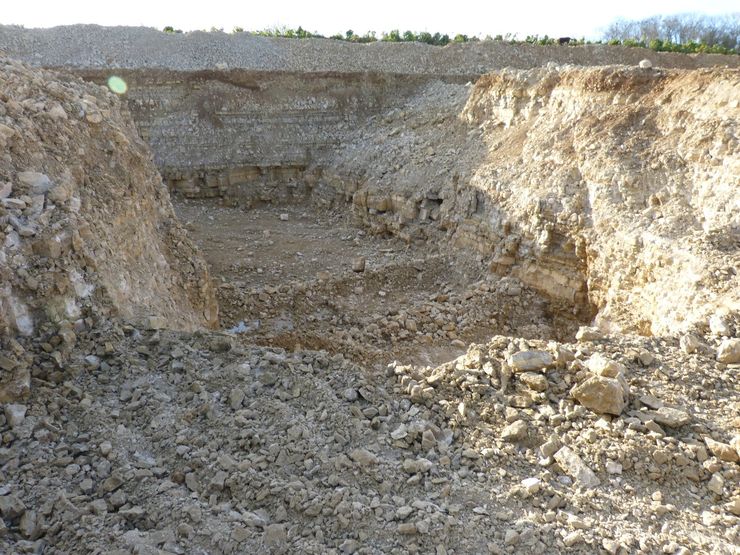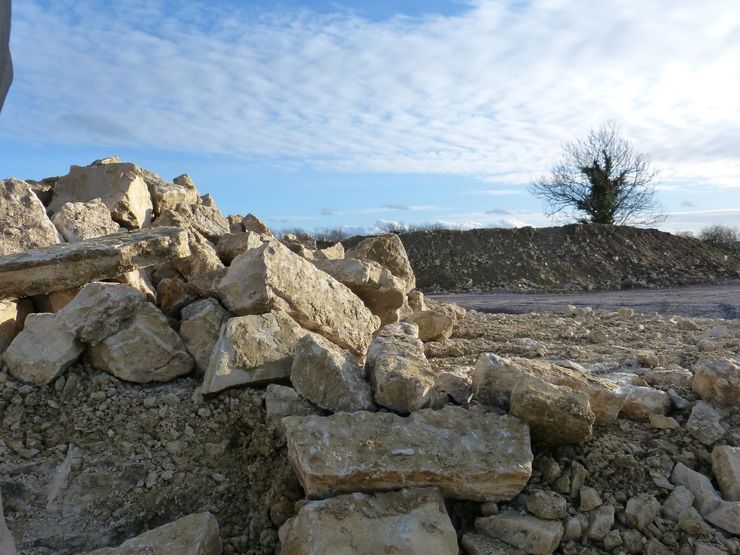
About
- FarmingAlthough we are not an organic farm, we try to farm as sustainably and regeneratively as we can. Spraying and fertiliser applications are carefully scrutinised, and cultural, rather than chemical controls, are favoured.
- We are actively improving the soil. We introduce as much organic material as we can on to the land, and are using farming techniques to minimise disturbance to the soil structure. By using direct drilling and other regenerative techniques, we are able to plant directly into the stubble of the old crop, with no need for any disturbance. This means that all the worms and soil processes can carry on from year to year undisturbed.
Wildlife Conservation
As well as his farming Ben Turner has spent 20 years working in Nature Conservation with organisations such as Natural England. We have a passion for nature, and are keen to make our farm home to as much wildlife as we can.
In 2022 we entered into a 30 year agreement to create 70 hectares of nature conservation habitat on previously arable land. The primary focus for this land will now be to create as much abundance of nature on this land as we can, in harmony with traditional agricultural techniques.
History
Camel Hill Farm is blessed with a rich historical and archaeological landscape.
We have the remains of a Romano-British and Iron age settlement, just to the north of the A303. This is a Scheduled Monument.
We also have the remains of deserted medieval village and medieval moated farmhouses. Much of the farm was part of Hazlegrove Park in medieval times.
The oldest surviving map in Somerset was made in 1573, It was a map of Hazlegrove, and covers a large part of the farm. Many of the fields still have the same boundaries as then, and even some of the field names are the same.
We have conserved the archaeological sites on the farm by managing them as low intensity grassland, and so are protected from the plough. We also carry out hedge restoration and tree planting to preserve this rich, historic landscape.
The Quarry at Camel Hill Farm
We have a small quarry at Camel Hill Farm. We extract a limestone called White Lias. This is the traditional building material for Queen Camel and the surrounding villages. It is a beautiful building stone, and is perfect for creating buildings which blend into the local landscape.
The quarry is worked by Ashen Cross Quarry who cut, bag and deliver the stone, so that it can be used on building projects.
Follow this link for more information: https://www.ashencrossquarry.co.uk/
